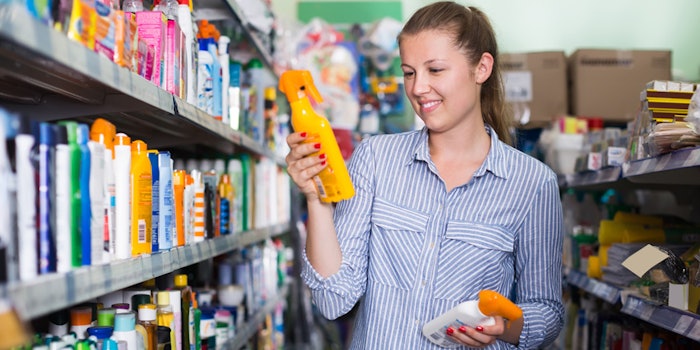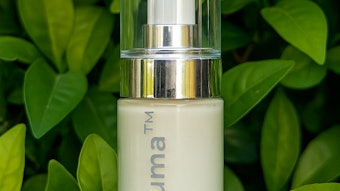
According to the European Chemicals Agency (ECHA), as of October 1, 2021, following Delegated Regulation (EU) 2020/2017, new titanium dioxide (TiO2) classification and labeling requirements will be enforced.
Featured: Inside Ingredients: Titanium Dioxide
This follows the classification and labeling requirements for TiO2 that were changed in February 2020.
As of October 2021, the substance must be classified as a carcinogen if inhaled (Carc. 2, H351 (inhalation)) when supplied on its own or in mixtures, where the substance or mixture contains 1% or more of TiO2 particles with an aerodynamic diameter ≤10 μm. In addition, mixtures containing TiO2 must be labeled with the supplemental label element, "Hazardous respirable dust may be formed when used. Do not breathe dust," (EUH212).
Non-classified solid mixtures must also be labeled with the EUH212 supplemental labeling element if they contain at least 1 % of TiO2, regardless of their form or particle size.
Liquid mixtures containing TiO2 do not require Carc. 2 classification. However, if they contain at least 1% of TiO2 particles with an aerodynamic diameter ≤10 μm, then they must be labeled with the supplemental label element, "Hazardous respirable droplets may be formed when sprayed. Do not breathe spray or mist," (EUH211).
This guide was developed in cooperation with the German competent authority (BAuA), the European Commission and the network of national helpdesks (HelpNet), prompted by the high number of helpdesk questions coming from both the industry and authorities.
Related: FDA Moves to Improve Quality, Safety and Efficacy of Sunscreens










